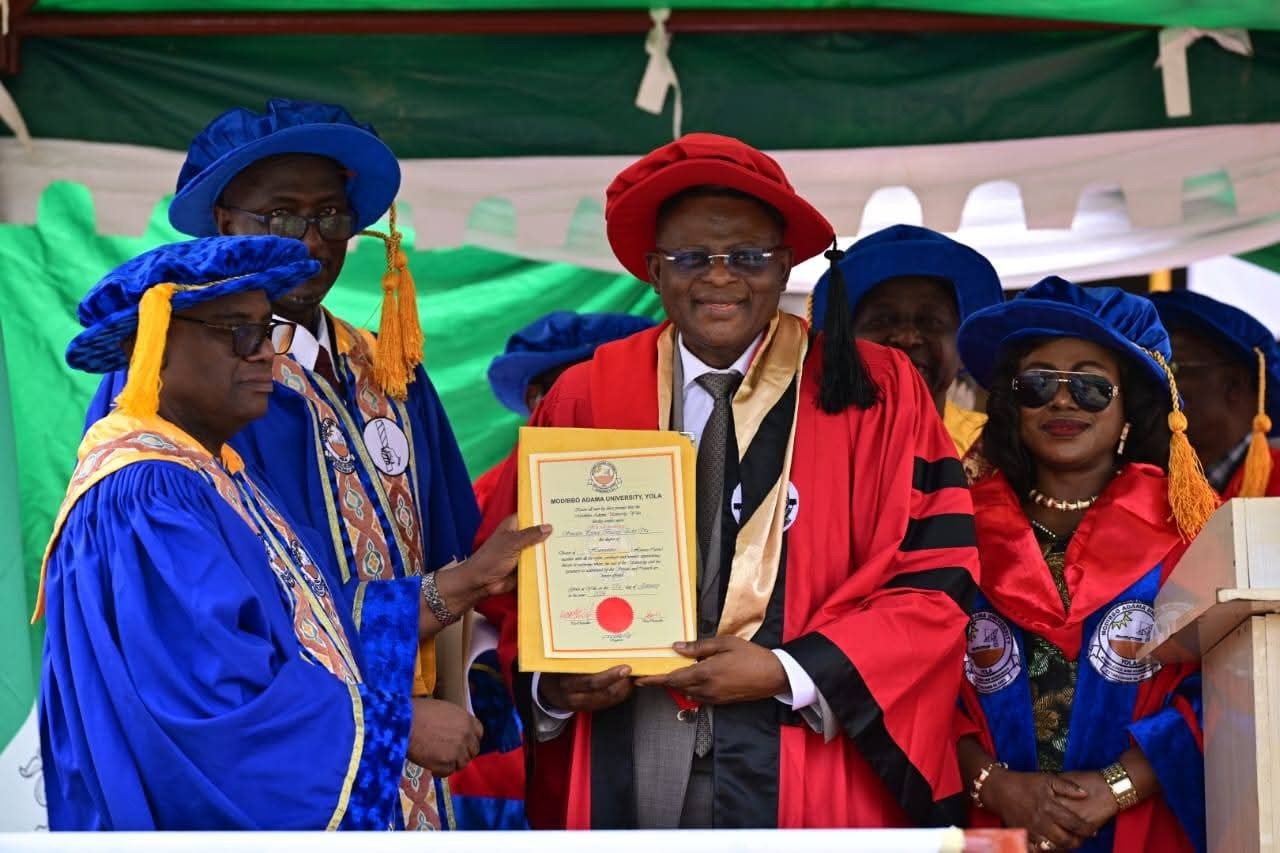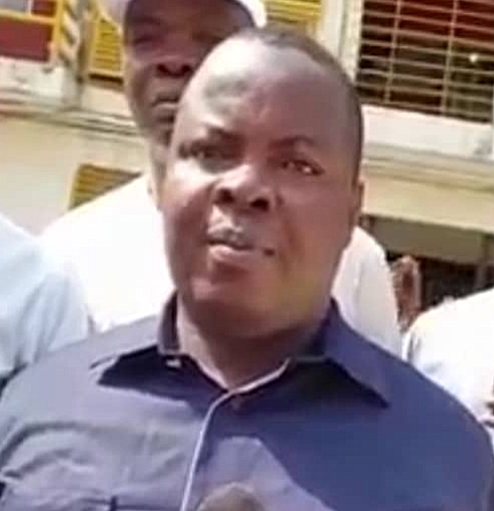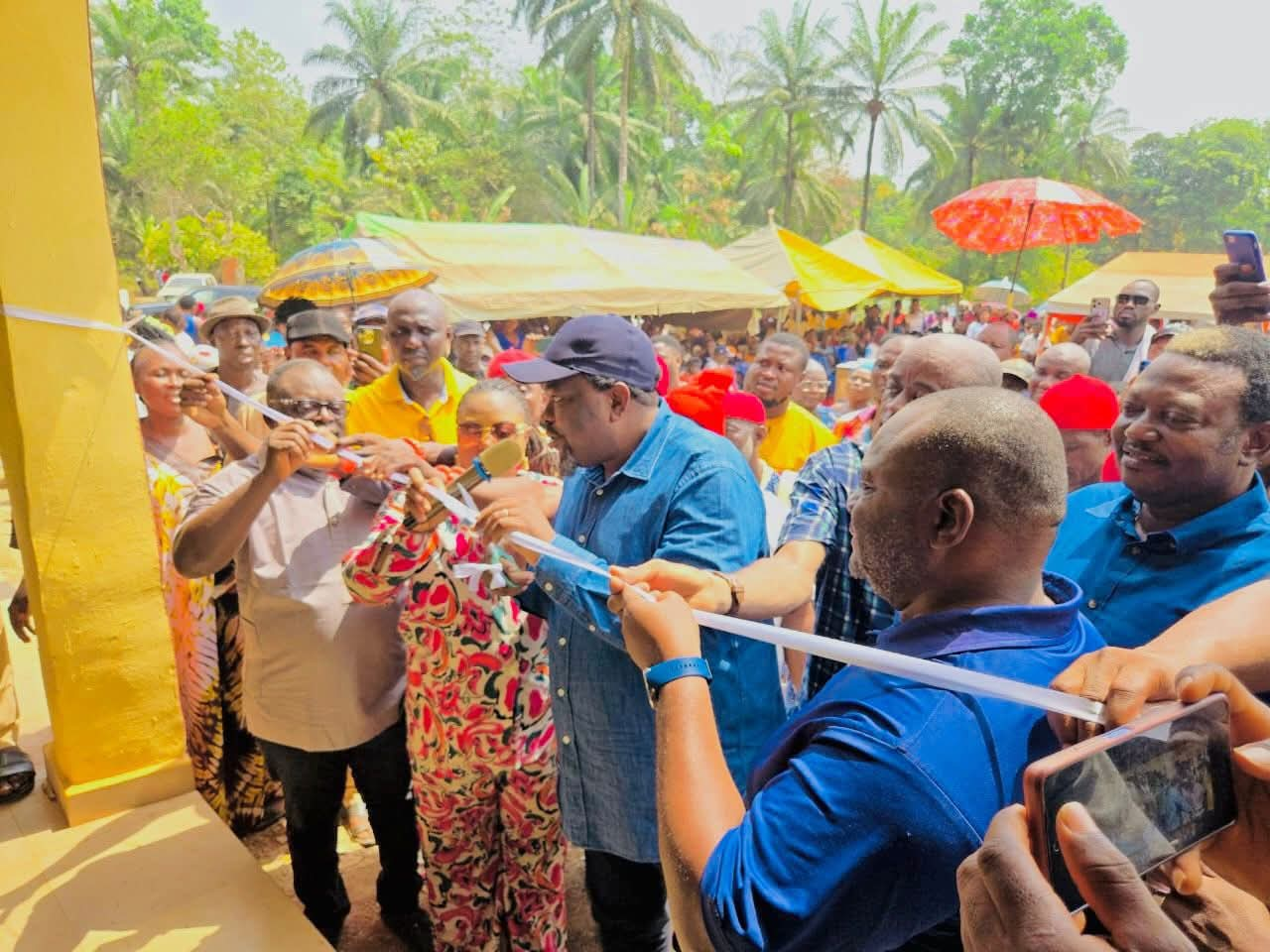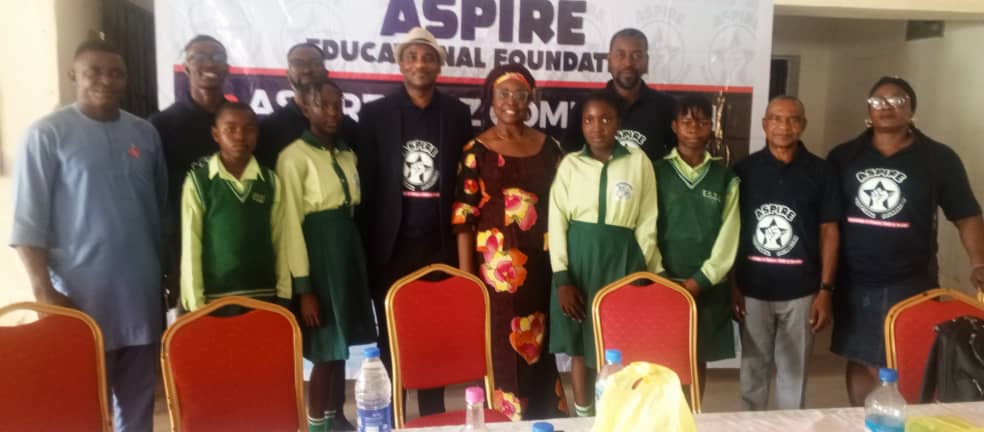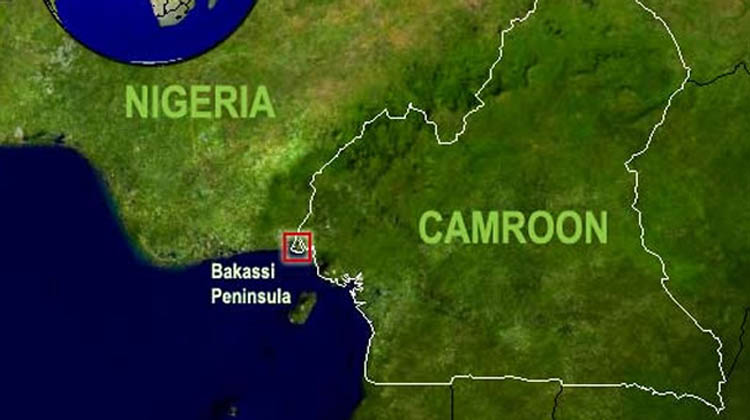By Sam Eno
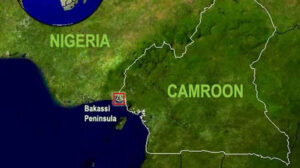 I read former Cross River State governor Donald Duke’s reaction to the loss of of 76 oil wells to Akwa Ibom State and the ceding of Bakassi Peninsula to Cameroon on Facebook and decided to write my own thoughts on this matter.
I read former Cross River State governor Donald Duke’s reaction to the loss of of 76 oil wells to Akwa Ibom State and the ceding of Bakassi Peninsula to Cameroon on Facebook and decided to write my own thoughts on this matter.
History does not merely unfold, it is often engineered, shaped either by the resolute hands of visionary leadership or the negligent silence of compromised elites. The tragic ceding of the Bakassi Peninsula in 2004 and the subsequent loss of 76 oil wells to Akwa Ibom State in 2010 did not occur in a vacuum. These dual national betrayals represent the apex of institutional inertia and federal infidelity towards the people of Cross River State, a people once proudly coastal, now stranded inland by strokes of pens and silence of governors.
The International Court of Justice’s, ICJ, 2002 ruling which handed over Bakassi to Cameroon might have been the result of colonial-era cartographic blunders and legal technicalities. But the Nigerian government’s refusal to pursue a review in 2014, despite a rare and potentially game-changing offer of supportive documents by the Movement for the Liberation of the People of Southern Cameroon, was an act of unforgivable national lethargy. The October 24th deadline came and passed, not with a bang of diplomacy but with the whimper of a nation too tired or too timid to defend its own territorial integrity.
This was not just the loss of land, it was the erosion of trust, the desecration of sovereignty, and the silence of a thousand displaced voices. Committees were formed, press conferences held, but no judicial traction gained. What remains is not only the cartographic recalibration of our national map but the scars on the conscience of a nation that chose submission over resistance, and forgetfulness over justice.
Even more perplexing, and perhaps more devastating, was the Supreme Court ruling in 2010, which declared Cross River State non-coastal and thereby transferred 76 oil wells to Akwa Ibom State. This decision, while judicially logical under the prevailing legal framework, was socio-economically catastrophic. It stripped Cross River State of its last economic bastion, its maritime identity and its crude-based financial relevance.
But courts do not operate in isolation. They respond to the caliber of advocacy, the quality of evidence, and most crucially, the will of those tasked with defending their constituencies. Between 1999 and 2015, the political leadership in Cross River sat in complicit silence. The state’s legal position was weak not because its case was inherently flawed, but because its custodians were absent or asleep at the switch. No great state is conquered from without, until it is weakened from within.
The token compensation paid by the Federal Government, a consolation prize for a state robbed of its inheritance, was received without transparency. The people of Cross River were never told the sum, and no audit revealed how it was spent. The government of the day, cloaked in the rhetoric of peace and federalism, acted as though its job ended at reception, not accountability.
Today, the people of Bakassi are displaced, disenfranchised, and demoralized. Once custodians of Nigeria’s coastline, they are now mere footnotes in a geopolitical chess game played over their heads. Cross River State, now encircled by land and stripped of oil revenue, watches its destiny stagnate while those responsible for its loss retire into silence or dine at the banquet of forgetfulness.
This moment demands not just mourning, but a reawakening. It is time for institutional memory to be restored. It is time for leadership culpability to be examined. It is time for federal justice to be demanded, not as a plea but as a constitutional right. Something Prince Otu must see as a priority against all other projects.
We must unearth the archived documents, reopen the wounds of 2014 and 2010, not to grieve, but to galvanize. The international diplomatic stage may have shifted, but history remains amendable to courage. The loss of Bakassi and the 76 oil wells must not be the final chapter. They must be the preface to a resurgent demand for restitution, redress, and recognition.
Let no more state be lost because leaders lacked the will to defend it. Let no more wells be ceded because custodians feared confrontation. Let the silence that cost us Bakassi now fuel the voice that shall reclaim dignity.
History is watching. Posterity is recording. What shall we write
Sam Eno, PhD, is Secretary, Abi-Yakurr Peoples Assembly, Cross River State.


